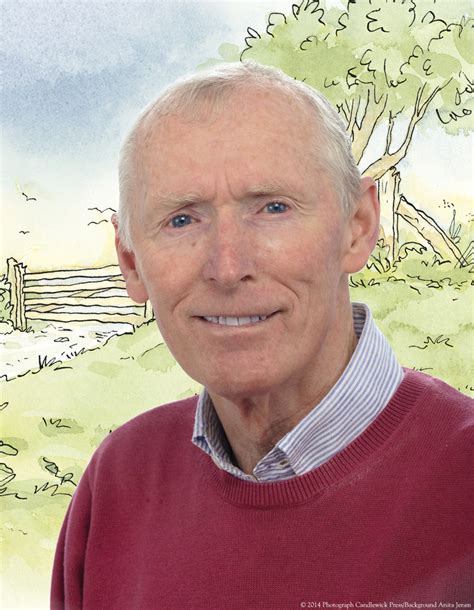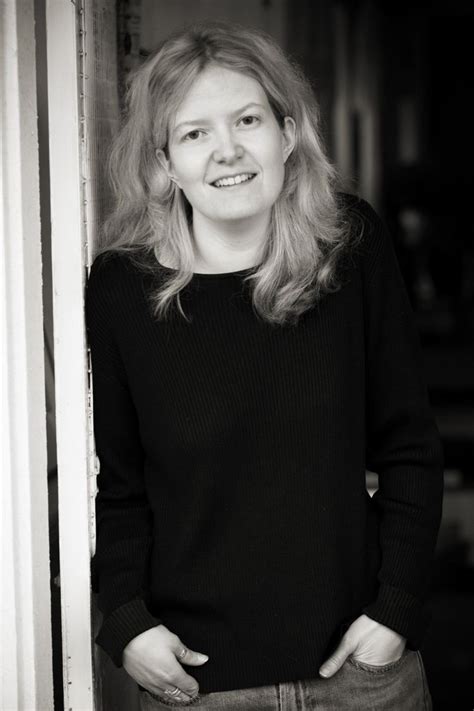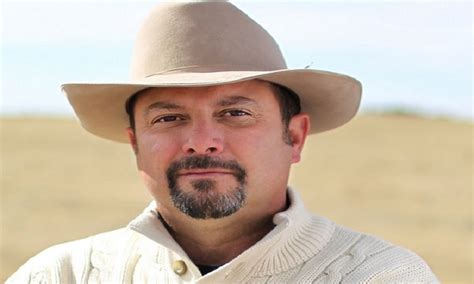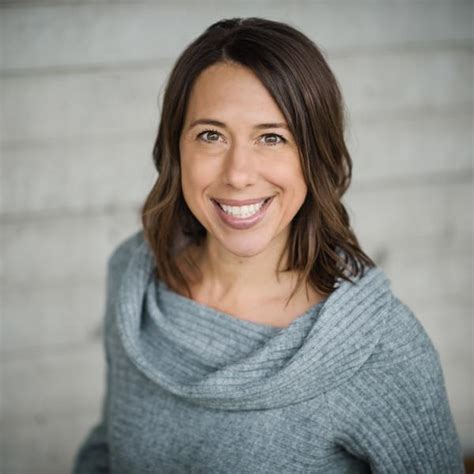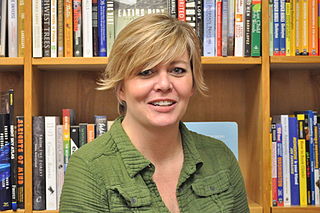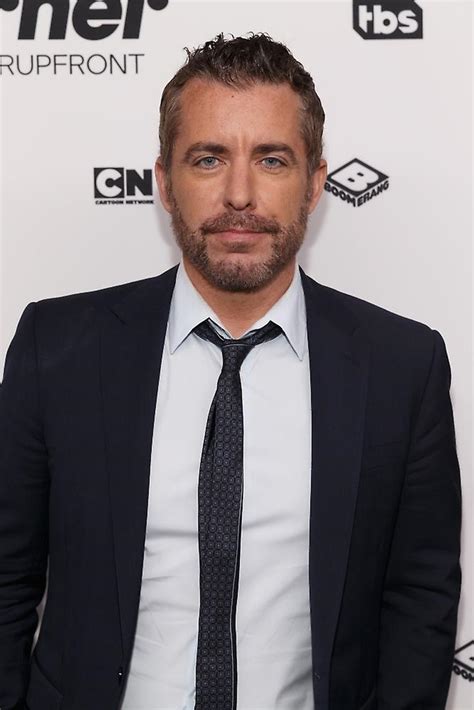A Quote by Sam McBratney
People often ask authors where their ideas come from, and often authors say they don't know. But I do know about this one. Once upon a time, my wife and I had three small children -- two boys and a girl, just like in the story. And when they were young, we used to tell them a story very like YOU'RE ALL MY FAVORITES.
Related Quotes
One of my patients told me that when she tried to tell her story people often interrupted her to tell her that they once had something just like that happen to them. Subtly her pain became a story about themselves. Eventually she stopped talking to most people. It was just too lonely. We connect through listening. When we interrupt what someone is saying to let them know that we understand, we move the focus of attention to ourselves. When we listen, they know we care. Many people with cancer talk about the relief of having someone just listen.
Living in a place like Pakistan, very often you meet people who are migrating abroad. And sometimes you'll ask their parents, you know - you didn't try to stop them? Like, why didn't you say, don't go - I'll miss you? Stay with me. And, you know, people say, well, it's best for them. They have to go. And parents, you know, take on that sadness because they know it's better for their children if they leave.
[My approach to the Bible, history does really matter.] Everything matters. But I have priorities. For instance, for me to know whether there were two Isaiahs or one is less important than the text itself. Of course I read the arguments for and against. But it's not my task in life to say there were two or three authors of Isaiah's book, or how many authors there were of Deuteronomy. This is not what I'm doing.
All the authors who've ultimately published Louder Than Words memoirs have been very happy to be chosen and excited about the possibility of having their memoir published. Even though these books deal with serious, often painful, issues, in all cases the authors felt as though writing their story would be an empowering and healing experience.
Schoolchildren all over America are told to write to authors-often to authors whom they have never before heard of, whose work they are to young to understand in the least, and often in letters which are almost illiterate. If children are to be taught to respect the work of American poets I think some better way might be found to do so- some way which would not make such an inconsiderate demand on the author's time.
At first critics classified authors as Ancients, that is to say, Greek and Latin authors, and Moderns, that is to say, every post-Classical Author. Then they classified them by eras, the Augustans, the Victorians, etc., and now they classify them by decades, the writers of the '30's, '40's, etc. Very soon, it seems, they will be labeling authors, like automobiles, by the year.
The Greeks used to use the same stories, the same mythology, time after time, different authors. There was no premium placed upon an original story, and indeed, Shakespeare likewise. A lot of people wrote plays about great kings. They didn't expect a brand-new story. It was what that new author made of the old story. It is probably the same now. We disguise it by inventing what seem to be new stories, but they're basically the same story anyway.
Every field piece I did on 'The Daily Show' was a story that lasted five to six minutes. We had a protagonist, we had an antagonist and often put them at odds. We knew the story we wanted to tell before we went in, and often it was about plugging whatever character you have - in this case, a real person - into said part.
The ideas always have to be in service of the story. And that's what Scott and the writers did - they weren't trying to beat you over the head with an idea; they had a story they wanted to tell, and they had ideas, so they used the story as a way of fleshing out the ideas. It all depends on where they want to go with it.
This is our story to tell. You’d think for all the reading I do, I would have thought about this before, but I haven’t. I’ve never once thought about the interpretative, the story telling aspect of life, of my life. I always felt like I was in a story, yes, but not like I was the author of it, or like I had any say in its telling whatsoever.
I think it worked two ways. One, a lot of people writing about the movie used that as shorthand and it could either be a good thing or they could use it to dismiss the movie like we were a copycat movie or something like that. It's very much its own story. It is a young woman in a post-apocalyptic society, but after that it's just a whole different kind of story and a different journey that she goes through.
